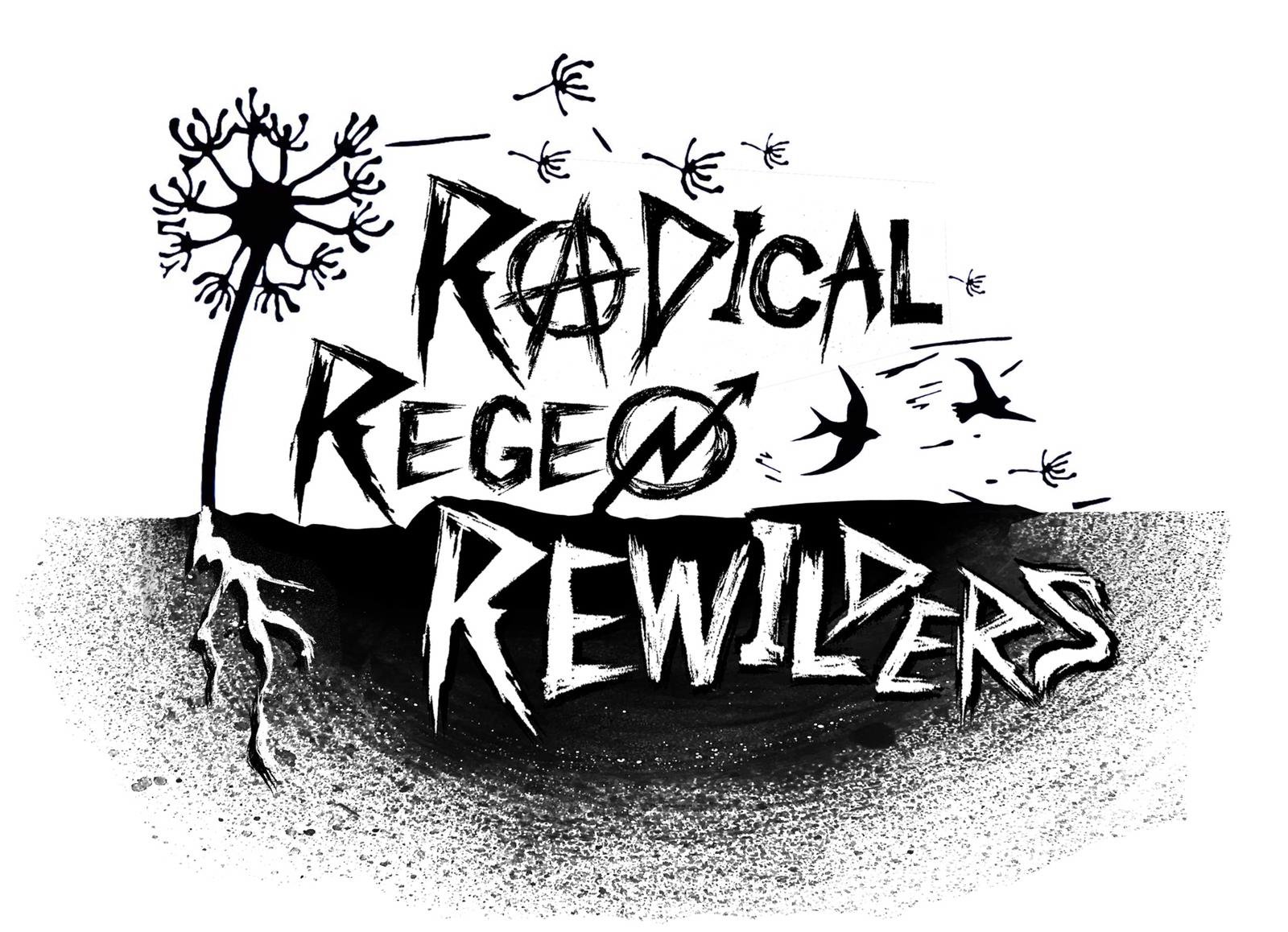Safe Spaces
All that we do at The Rewild Project is based around creating and maintaining Safe Spaces.
Here is a guide to how to integrate authentic communication when participating with The Rewild Project and maybe having a positive impact on all your relationships?
· Speaking from "I": rather than making interpretations and judging another person's actions or motivation, we try and put into words our own reactions, emotions, needs and requests.
• No fixing, advising, saving or correcting others: when others feel we have an intention to change them, they are likely to feel intruded upon and to feel the space is no longer safe for them to show up as they are.
• Accepting emotions: many cultures especially in most organizations today are generally ill at ease with "negative" emotions such as anger, sadness or frustration (and sometimes even of "positive" emotions such as joy or empathy). When someone shares such an emotion, we are often quick to try and get the person to "get over" their emotion, thereby giving the message that someone's emotion is not welcome.
• Accepting conflict: these cultures are also generally ill at ease with conflicts, that get quickly passed over. And yet, conflict is a natural consequence of the fact that as human beings, we all have different needs and perspectives. Having a well defined conflict resolution programme in place is helpful, as well as clear guidelines to help deal with conflict gracefully.
• Avoiding demeaning speech and behaviours: To feel safe, we need to feel that we are accepted as equals in value. Any form of -ism (sexism, racism, etc.) as well as any form, however subtle, that establishes that one person is superior to another (snide remark, rolling of the eyes, and so forth) will make us feel unsafe and trigger our ego defences.
• Questioning one's perspective: A safe space is one where we can explore our feelings and thoughts without fear of judgement. That exploration is made difficult, if someone else believes they are right, and that by contrast, everyone with a different question must be wrong. We must enter every discussion with a willingness to see things from different perspectives, to question our own perspective and assumption.
